
Li Yan, Director of President's Office, China Institutes of Contemporary International Relations
Nov 05, 2025
Maximum pressure, transactional thinking and an emphasis on spheres of influence all define Donald Trump’s approach to diplomacy and give concrete form to his “America first” ideology. In a world undergoing turbulent change, the impact and destructive effect of this approach demand vigilance.
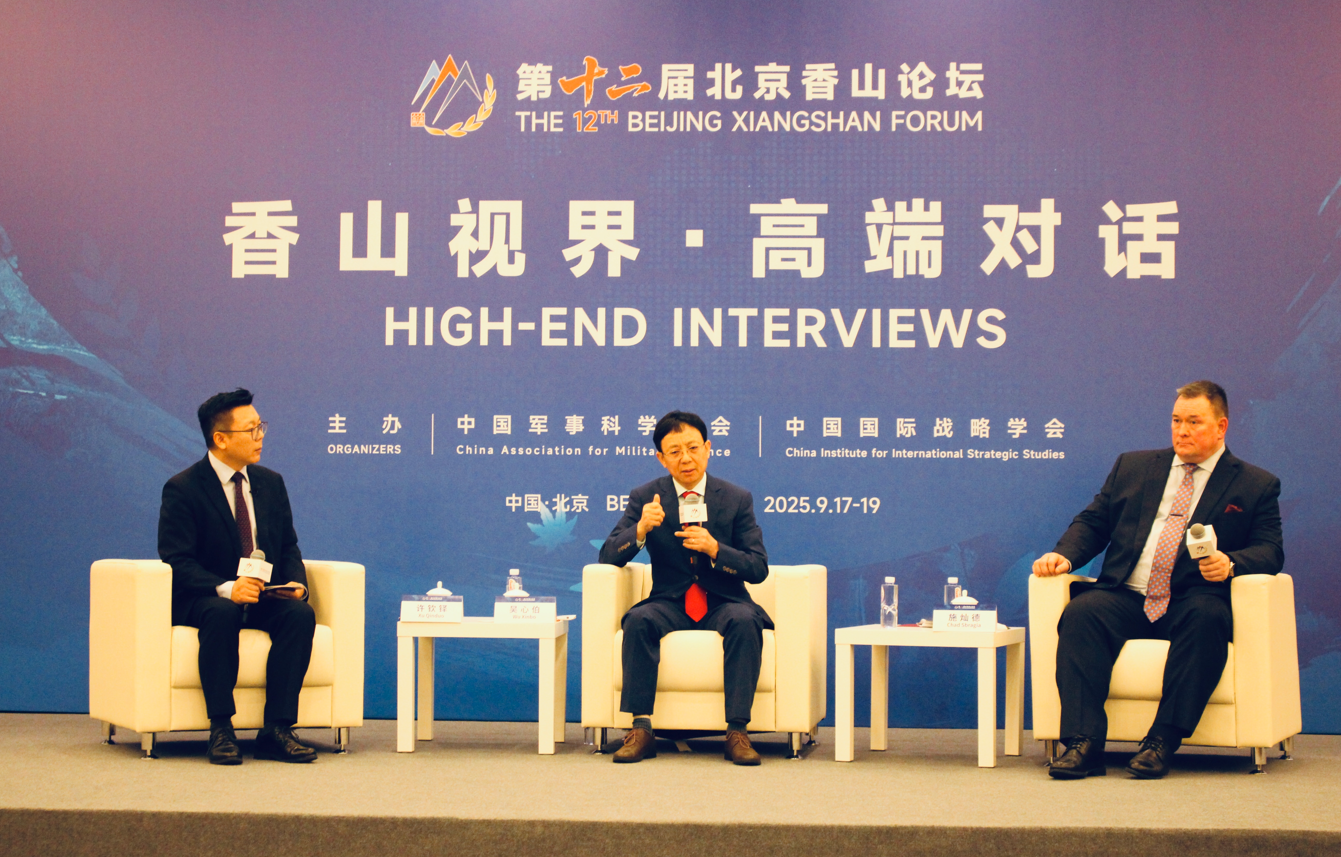
Oct 24, 2025
The 12th Beijing Xiangshan Forum was held at the Beijing International Convention Center Sept. 18-19. Professor Wu Xinbo, dean of the Institute of International Studies at Fudan University, spoke with China-US Focus editor Huang Zhijin and assessed the trajectory of Trump 2.0’s China policy. The transcript below has been edited for clarity.
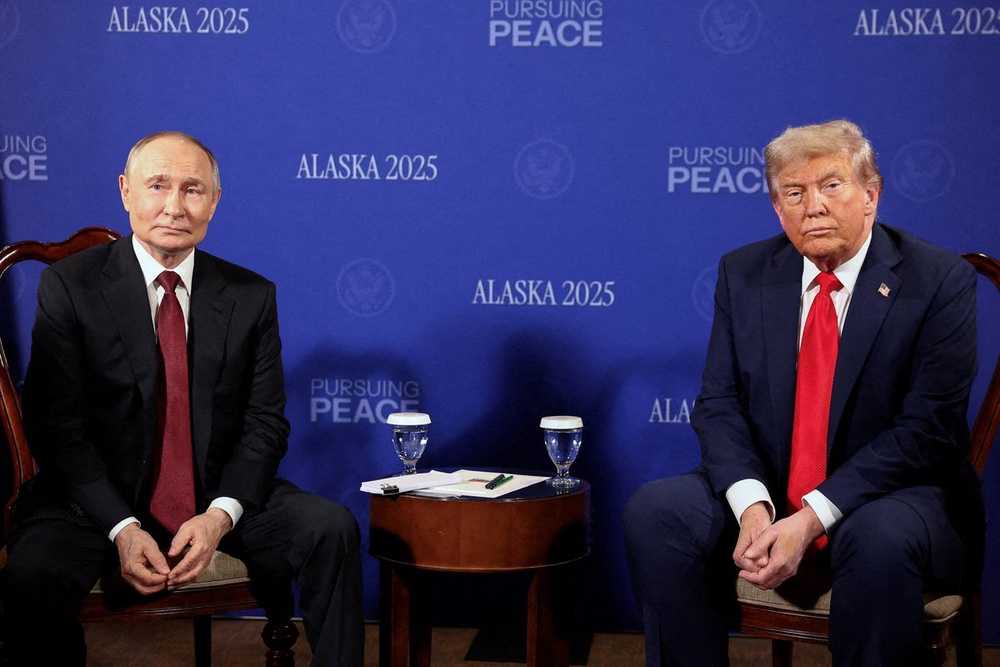
Sujit Kumar Datta, Former Chairman of Department of International Relations, University of Chittagong, Bangladesh
Aug 26, 2025
The legacy of Donald Trump may endure if only because he triggered a new global order through the law of unintended consequences. He has set in motion a major power shift in which China — aligning with India, Russia and key trade blocs — will become the global captain over the next 10 to 20 years.
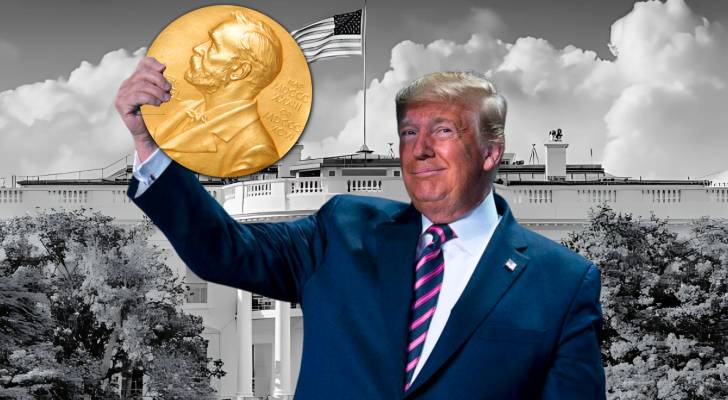
Han Liqun, Researcher, China Institutes of Contemporary International Relations
Aug 22, 2025
The logic underpinning the U.S. president’s approach to war and peace looks at international conflicts as being subject to transactional pricing mechanisms. In the short run, this strategy can yield results, but its long-term sustainability remains deeply uncertain.
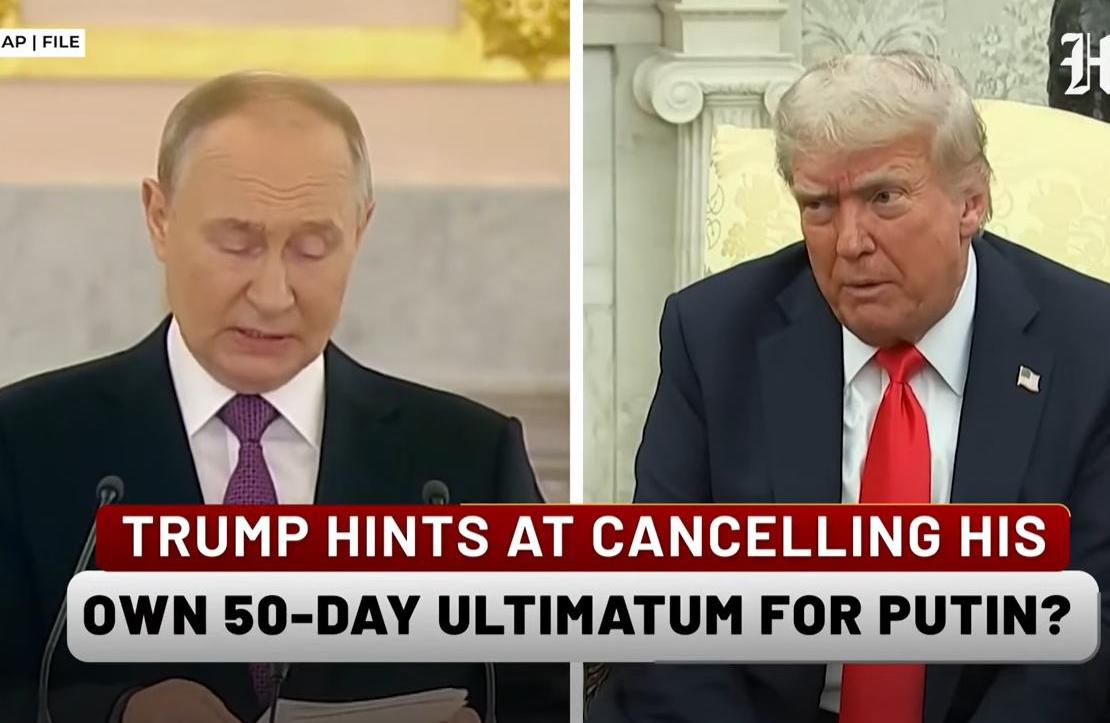
Xiao Bin, Deputy Secretary-general, Center for Shanghai Cooperation Organization Studies, Chinese Association of Social Sciences
Jul 25, 2025
Second round of Trump-Putin engagement incorporates elements of strategic deterrence but has failed to resolve the conflict. That’s because the war reflects a deeper struggle over institutions, grand strategy and competing value systems.
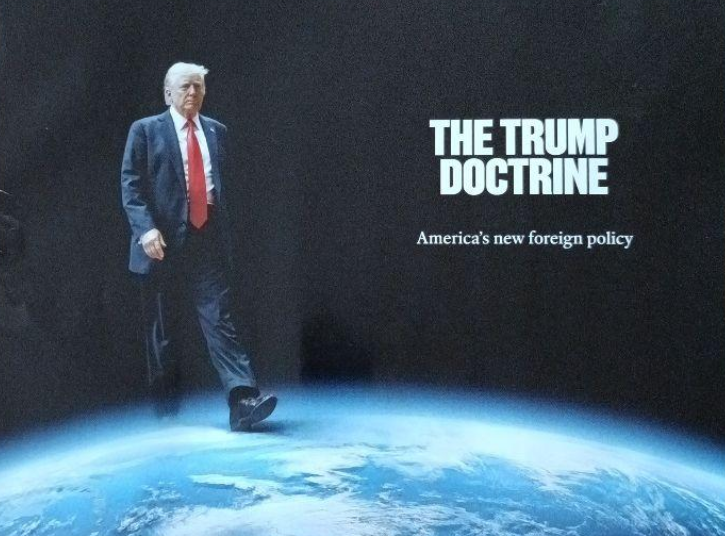
Melanie W. Sisson, Senior Fellow in the Foreign Policy Program, Brookings Institution
Jul 18, 2025
US Vice President J.D. Vance recently tried to cast President Donald Trump’s strikes on Iran’s nuclear infrastructure as a wildly successful example of the “Trump Doctrine.” According to Vance, the doctrine is simple: you identify a problem that threatens US interests, which “you try to aggressively diplomatically solve.” If diplomacy fails, “you use overwhelming military power to solve it and then you get the hell out of there before it ever becomes a protracted conflict.”
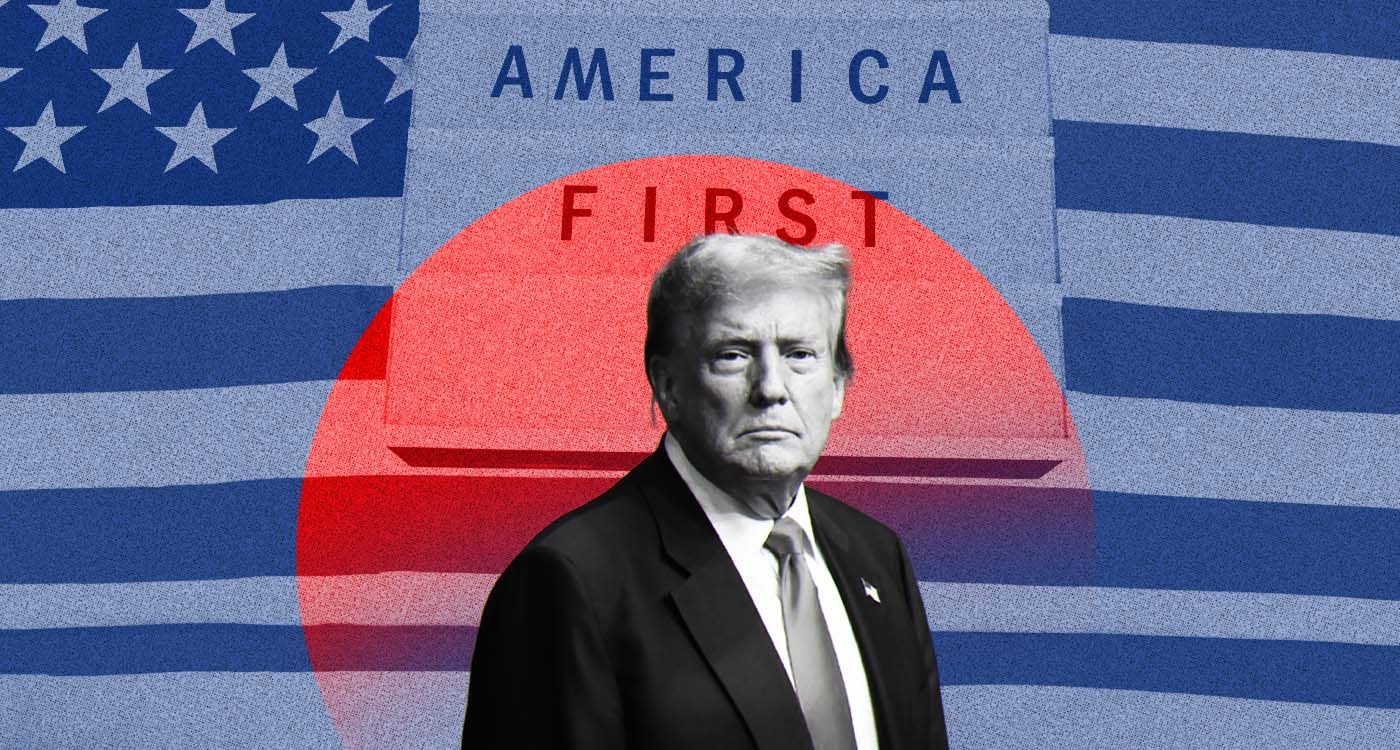
Zhang Wenzong, Associate Research Fellow, CICIR
Jul 18, 2025
China-U.S. competition is fueled by overall national strength. In addition to growing its own hard and soft power, it should pay attention to the evolving politics in the United States, as well as the changes in attitude by U.S. allies, and work to create a united front around the world.
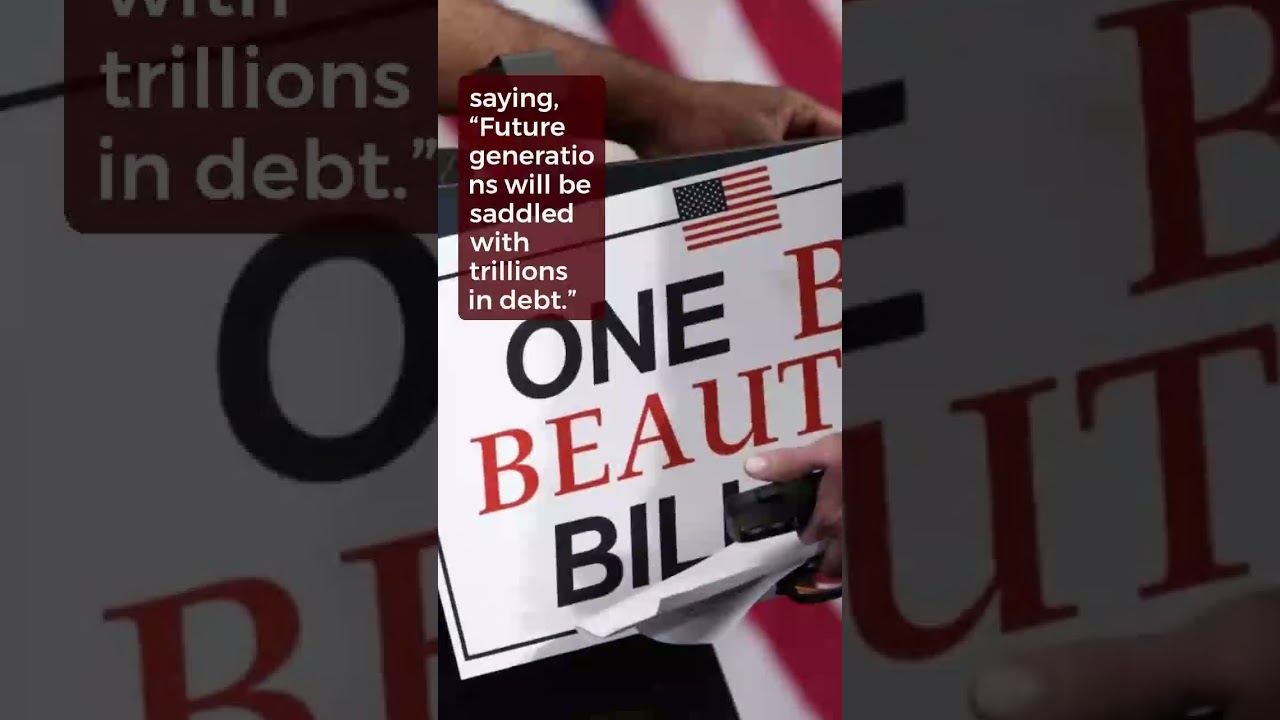
Ma Xue, Associate Fellow, Institute of American Studies, China Institutes of Contemporary International Relations
Jul 11, 2025
Washington is now piling up debt even in the absence of an emergency. In the long run, this sort of quick fix, where the cure is worse than the disease, will only worsen America’s economic fragility and add to uncertainty.
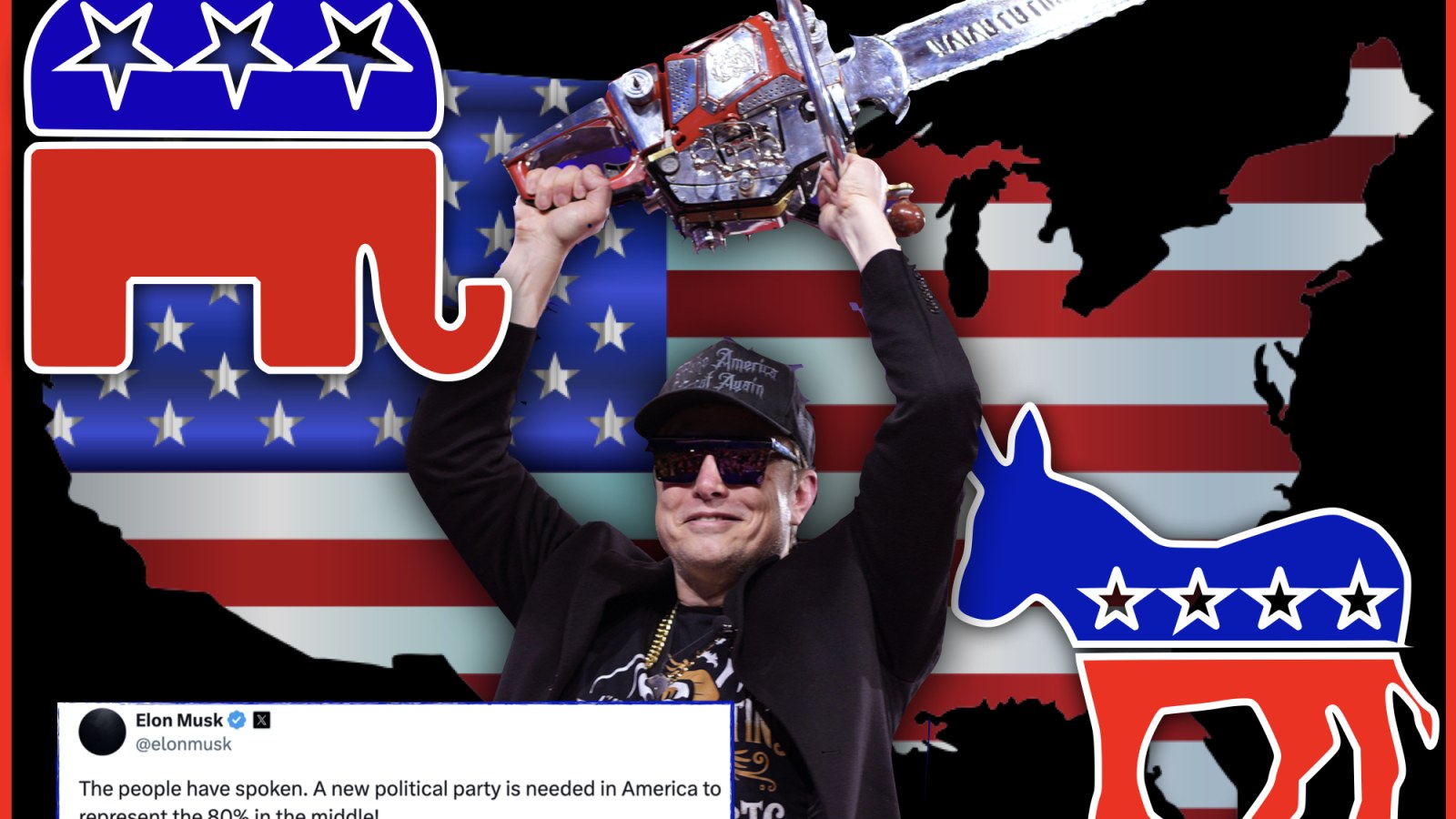
Mallie Prytherch, Researcher at Centre on Contemporary China and the World, University of Hong Kong
Jul 11, 2025
After a public split with Donald Trump over the “Big Beautiful Bill,” Elon Musk launched the America Party in an effort to challenge the U.S. two-party system. While his shifting stance on China adds strategic ambiguity, the party serves as a stress test for American democracy in an era of polarization and gridlock.
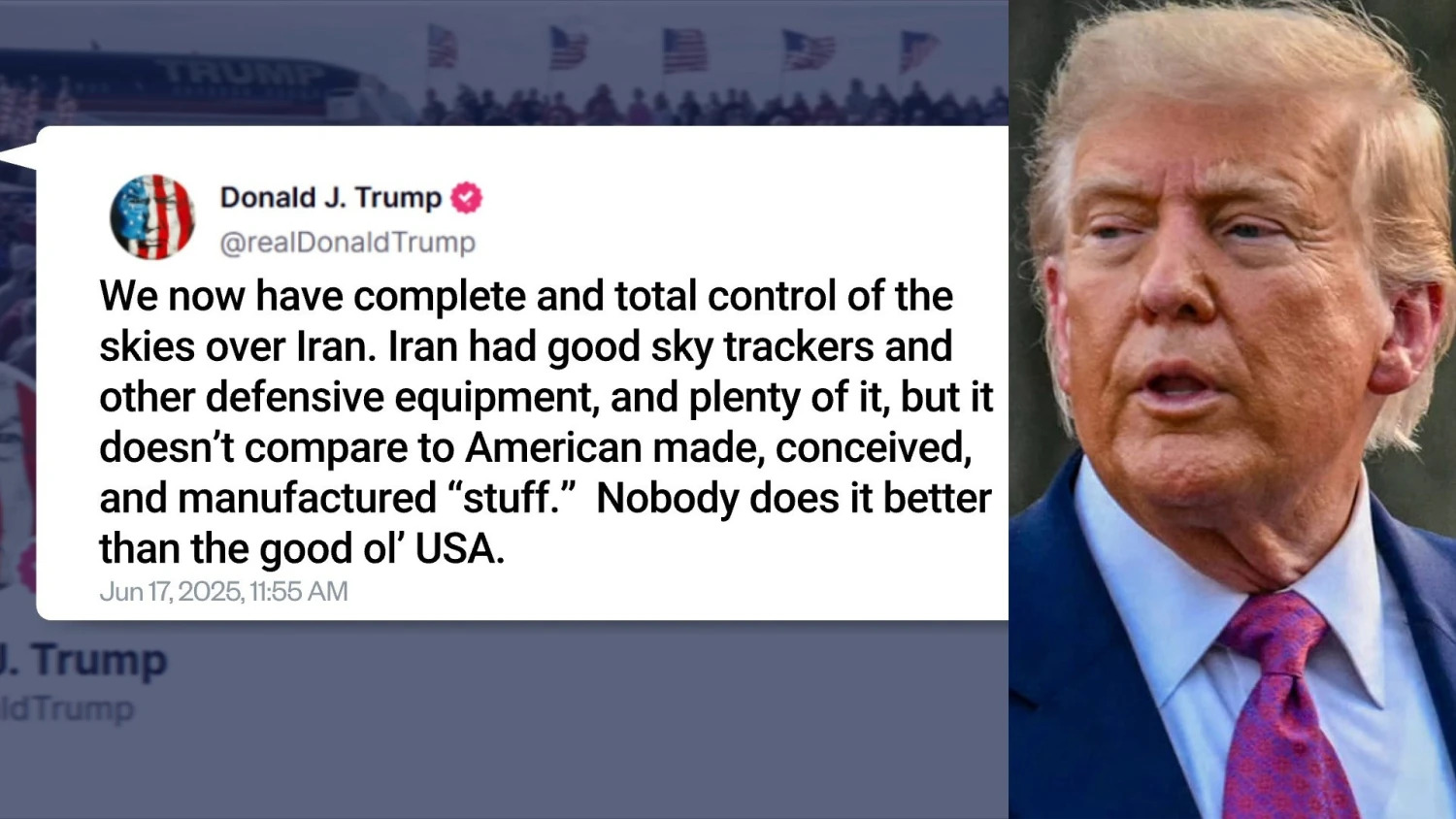
He Wenping, Senior Research Fellow, Charhar Institute and West Asia and Africa Studies Institute of the China Academy of Social Sciences
Jul 04, 2025
Was the so-called 12-day war a triple victory or a triple defeat? Will Americans tolerate a policy of “Israel first” over “America first”? The answers to these and other key questions will determine whether, and how deeply, the United States could be drawn into the fray again.
Back to Top

- China-US Focus builds trust and understanding between the U.S. and China through open dialogue among thought leaders.
- Our Offerings
- Topics
- Videos
- Podcasts
- Columnists
- Research Reports
- Focus Digest
- Stay Connected
-
Thanks for signing up!
- Get the latest stories from China-US Focus weekly.